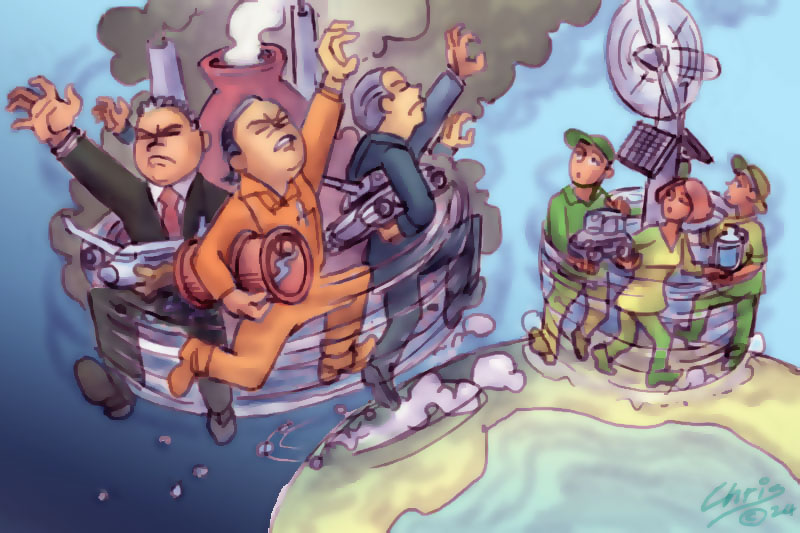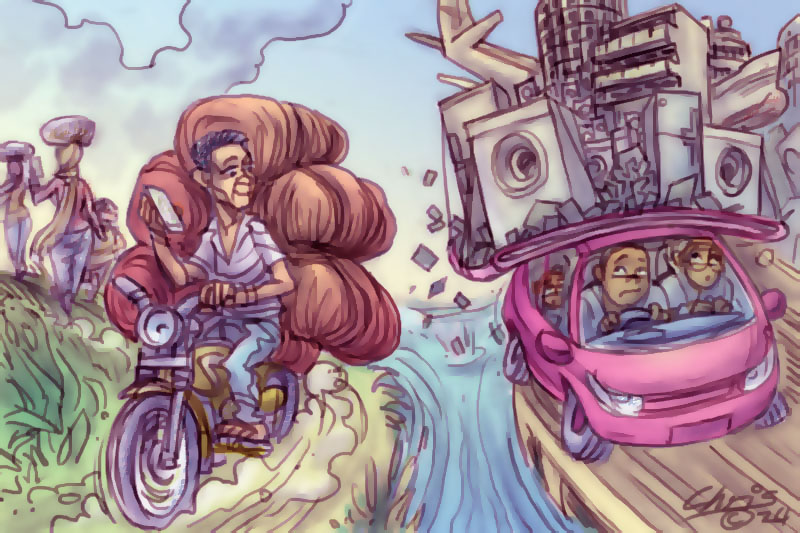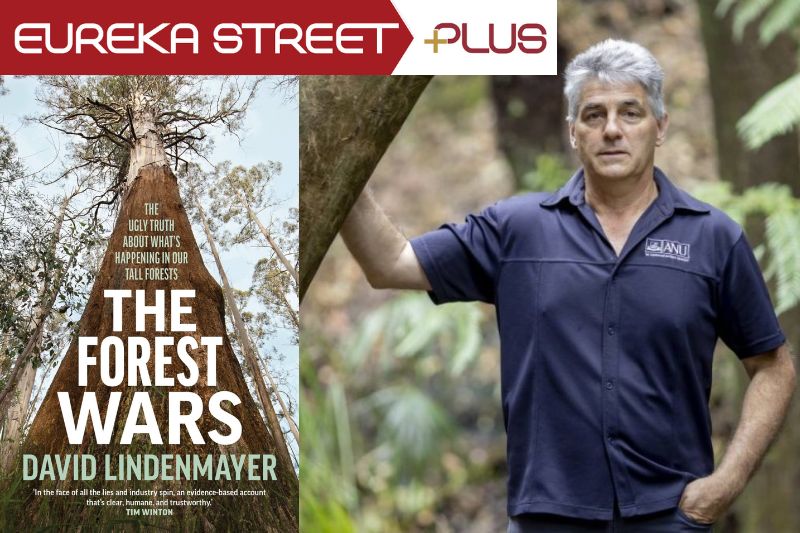Keywords: Developing World
-

INTERNATIONAL
- Damian Spruce
- 10 December 2024
At COP29, the world’s wealthiest nations promised to confront climate change—but delivered only a fraction of the required funds, leaving developing countries with a trillion-dollar shortfall. As Pope Francis warns of a sick planet, the question remains: Who pays for the climate crisis, and who bears the consequences?
READ MORE
-

ENVIRONMENT
- Phil Jones
- 28 November 2024
1 Comment
Infinite economic growth on a finite planet is a paradox we can no longer ignore. As environmental crises deepen, solutions like the Steady State Economy offer a roadmap to balance sustainability and prosperity. Yet, transitioning from growth-centric systems raises hard questions: Can we create an economy that values life over profit?
READ MORE
-

ARTS AND CULTURE
- Eddie Hampson
- 20 November 2024
1 Comment
Ridley Scott’s Gladiator II promises grandeur. Paul Mescal dazzles, Denzel Washington commands, and sharks make their sword-and-sandals debut. But spectacle overshadows story in a sequel that’s more baffling than breathtaking. Are we entertained? Sort of.
READ MORE
-

AUSTRALIA
- David Halliday
- 08 November 2024
As house prices soar, half the nation finds itself locked out of the property market. In conversation with Eureka Street, Alan Kohler untangles the web of tax incentives, population pressures, and government policies fueling the housing crisis to discover why, despite public outcry, solutions remain frustratingly out of reach.
READ MORE 
-

AUSTRALIA
- Daniel Nellor
- 25 October 2024
1 Comment
An AI-driven companion designed to connect with people living with dementia raises important questions about companionship, care, and the human experience. Can an AI truly replace the role of a human caregiver, or are we compromising what it means to connect?
READ MORE 
-

ECONOMICS
- David James
- 14 October 2024
Advanced industrial societies are running out of ideas, masking stagnation with financial trickery, which is now faltering. In contrast, developing nations can clearly advance through industrial phases, especially by building infrastructure. For them, the path to improving lives is clear; for developed nations, it remains uncertain.
READ MORE
-

ENVIRONMENT
- Tony Smith
- 04 October 2024
The Forest Wars reveals how vested interests make life difficult for the scientists and activists who attempt to defend the environment, a war waged through deforestation on one hand and deception and obfuscation on the other. Linenmayer asks: if we continue to allow vested interests to drive deforestation, how long before the forests — and the future they promise — are lost beyond repair?
READ MORE 
-

AUSTRALIA
- Smeeta Singh
- 06 September 2024
Australia is quietly confronting a national crisis: one in every four Australian children has been a victim of child sexual abuse, but you would never guess the scale of this crisis, given the lack of urgency from our national discourse.
READ MORE 
-

RELIGION
- Andrew Hamilton
- 28 August 2024
5 Comments
As Pope Francis embarks on a demanding tour, skipping Australia to visit smaller marginalised Catholic communities in Indonesia, Timor Leste, Papua New Guinea, he is demonstrating the priority of the Church in reaching out to those on the margins.
READ MORE
-

RELIGION
- Andrew Hamilton
- 21 August 2024
3 Comments
This year’s Social Justice Statement is ambitious in its scope. From the ravages of war to the erosion of truth, the statement challenges us to confront the root causes of our divisions and seek a path toward a more just and peaceful future.
READ MORE
-

INTERNATIONAL
- David Halliday
- 19 August 2024
1 Comment
After a year in court, a U.S. Judge concluded that Google has a monopoly over search and had illegally maintained its monopoly by making massive payments to other companies to be their default search engine. Everyone in tech is quietly watching for what happens next, because how the U.S. Department of Justice treats Google will set the example for the other giants standing astride the world.
READ MORE 
-

AUSTRALIA
- Michael McVeigh
- 25 July 2024
2 Comments
While proposing broader access to tax deductibility for some charities, the Productivity Commission's new report on charitable giving suggests removing benefits for religious entities. This raises serious questions about the role of religion in fostering charitable giving and the potential consequences of these reforms for Australia's charitable landscape.
READ MORE